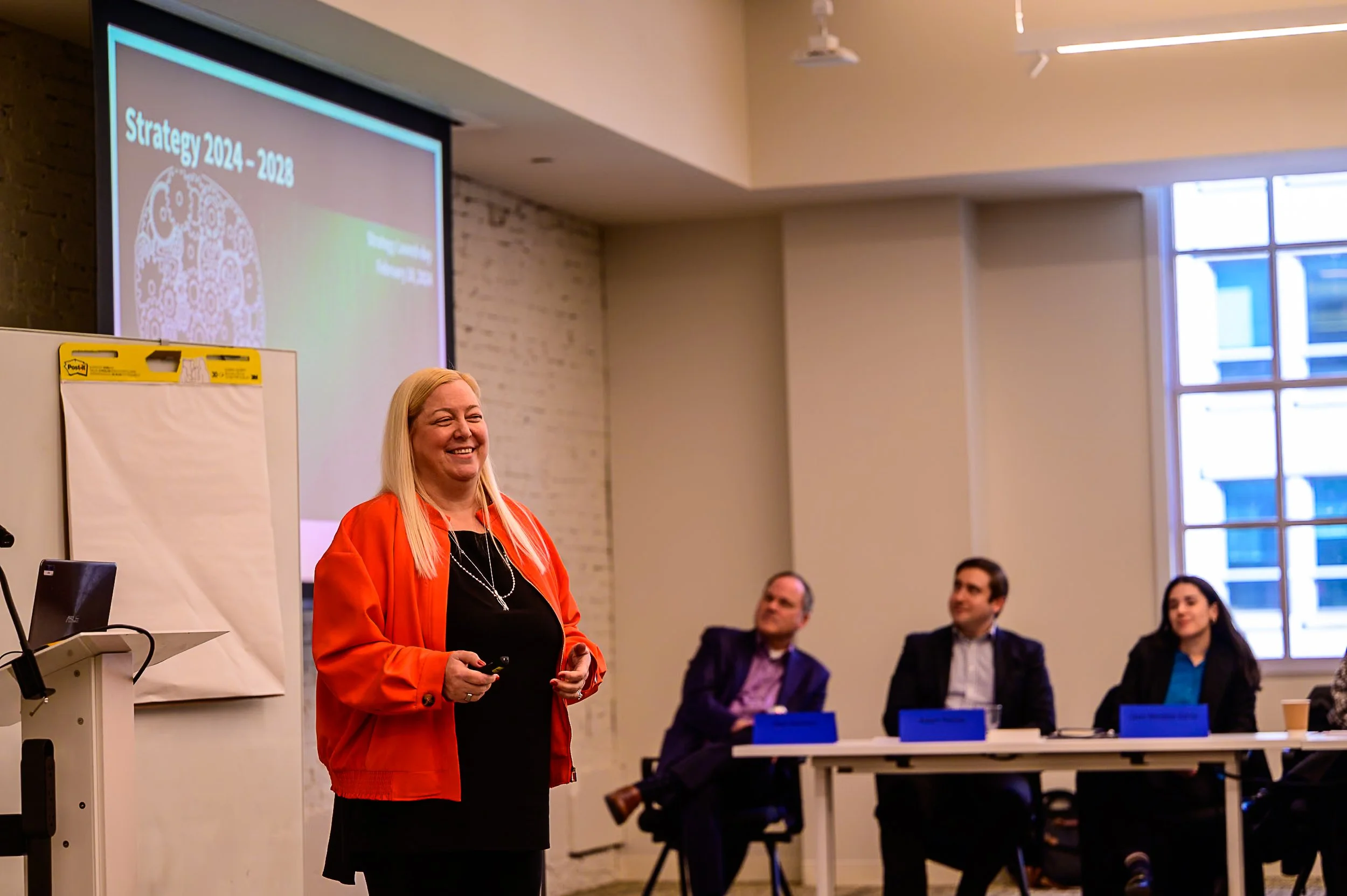Five Talents that Mark a Great Consultant
In today’s fast-paced, demanding, and challenging world of consulting, it takes a great deal of skill and strategy to stand out. Innovation is more important than ever.
The question is – what does it take to set yourself apart in a competitive industry consulting for the Government, for homeland security? What do clients value the most?
Our leaders identified five key skills that highly effective consultants use to achieve results for their clients. While there are many more important ones, these are the five talents that we think make consultants ‘stand out’ and help clients achieve outcomes:
Communication – Projects are only becoming more complex. To understand and empathize with our client’s needs, exceptional communication skills are important to communicate with everyone from agency leaders, to program managers, to Government employees who perform critical mission operations. Consultants must be able to communicate their ideas to clients effectively, inspire innovation, and gain stakeholder buy-in to agency leader’s needs. Communication skills are even more important than technical expertise.
Adaptability and Foresight – With our homeland security clients, we always need to be multiple steps ahead – helping project their future world and getting them ready for the known and unknown challenges. Foresight is absolutely necessary to look outside and ahead. However, without being adaptable, foresight is not as powerful. We need to be able to survey the lay of the land, then adjust accordingly. Homeland security is complex and interdependent, and threats change constantly. As consultants, we need to be vigilant and flexible.
Reliability and Consistency – This means that you will do exactly what you said you were going to do, when you said you were going to do it. Sounds simple, but it’s the number one quality needed to build trust and credibility among your team and your clients.
Knowledge Mastery – To be a truly great consultant, one must constantly learn and seek information. Consultants must learn more quickly than others to solve truly difficult challenges for their clients. They are the knowledge bank that can make the difference in a successful project. A growth mindset helps a consultant dynamically adapt to new projects and problems quickly.
High Tolerance for Ambiguity – A great consultant needs to be comfortable with ambiguity. Every time, in every situation. A consultant must be comfortable working through complex problems with little direction and little context – from a ‘blank sheet of paper’. Tolerance for ambiguity is essential for innovative and out-of-the box solutions. While great methods such as Design Thinking can really accelerate innovation for clients, it is the most powerful when the team is diverse and each member has a high tolerance for ambiguity.
Being a consultant in today’s fast-paced and highly complex world is not easy, but it is very rewarding. By focusing on these key talents and developing one’s skills accordingly, an adaptable, reliable, and learning consultant with a high tolerance for ambiguity can successfully achieve results for their clients.





















